
From Toronto Sun link to article by Mark Bonokoski March 8, 2018
Same tribe, different mindsets.
On Tyendinaga Mohawk Territory on the shores of Lake Ontario, dead centre between Toronto and Montreal, there are more than 20 pot dispensaries and at least 30 smoke shacks selling cheap cigarettes.
The population of Tyendinaga is 2,124.
Do the math.
At the Six Nations Mohawk Territory, however, the largest First Nations reserve in Canada with a population of 12,000-plus living on the reserve, there is a huge sign on the main highway indicating zero tolerance to illicit drugs.
Therefore, not a single pot dispensary exists on Six Nations, but upwards of 80 smoke shacks compete for business.
That will undoubtedly change when pot becomes legal, but a leader on First Nations finances is not prepared to roll the dice and hope the Trudeau Liberals will give them a fair share of the pot jackpot.
Manny Jules, chief commissioner of the First Nations Tax Commission, wants the Liberals to amend Bill C-45 to give First Nations governments unfettered taxing authority over cannabis grown and sold on their reserves.
If the Liberals suddenly got smart, they would see this as opportunity knocking, and the chance to exert some financial control on lands where revenuers and police, both the RCMP and Ontario provincial forces, dare not tread over fear of provoking another Oka, Ipperwash or Caledonia.
They should grant First Nations their wish, but with firm conditions.
Among Canada’s 600-plus reserves, for example, a full third have medium to high-risk drinking water situations.
This could be rectified if some of the taxes collected from cannabis sales, on reserve and off, was dedicated to speeding up the building and upgrading of water treatment centres.
A constant complaint among First Nations is the appalling housing conditions on so many reserves, the paucity of schools and the lack of professional health-care personnel and facilities.
A dedicated portion of the pot tax for First Nations could help address many of these ills.
The feds, and the province of Ontario — the epicentre for the manufacturing of Native cigarettes — have already lost control of the contraband cigarette market.
The moment a Native-produced cigarette leaves a reserve, for example, it immediately becomes illegal.
But ordinary smokers and contraband traffickers are flocking to these reserves in such numbers that experts say the tax revenues lost each year are upwards of a billion dollars.
Price point is the key. A carton of 200 legal cigarettes purchased at a convenience store is upwards of $115 because 70% of the retail cost is federal and provincial sin taxes.
A baggie of 200 loosely-packed smokes, meanwhile, free of all taxation, sells on reserves for as little as $10.
The sin is the criminality of having them, and it is only going to get worse when the plain-packaging of cigarettes becomes law, and no one can easily tell which product is legal.
The Trudeau Liberals have already cut a deal with the provinces on how the excise duty on legal marijuana will be divvied up. It will be a 75-25 split, with the province getting the lion’s share because of the costs of setting up the infrastructure and the costs of policing once pot becomes legal.
Manny Jules, the First Nations chief taxman, says First Nations will have to incur similar costs without the quid pro quo of financial gain.
He even cited contraband tobacco as an example of what can go wrong without proper oversight and an “orderly approach.”
“Where there is no law, you’re going to have problems,” Jules told the CBC, stating the pot legislation as it stands is already a “dog’s breakfast” because his people were never consulted.
Cigarettes and marijuana.
Different smoke, same cockup-in-waiting.


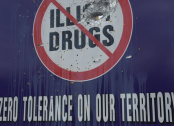





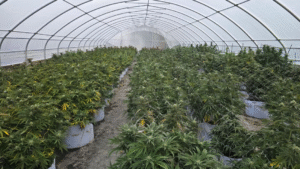
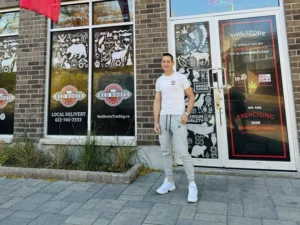
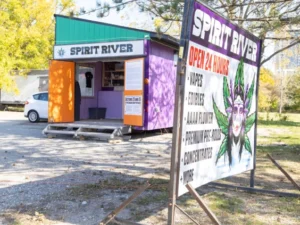
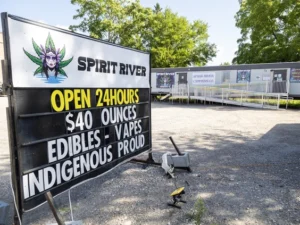




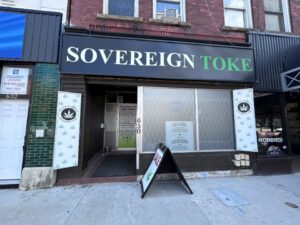
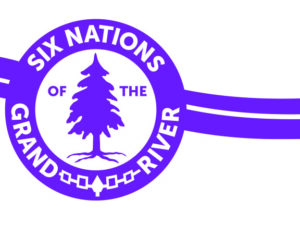


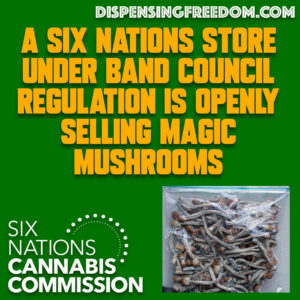
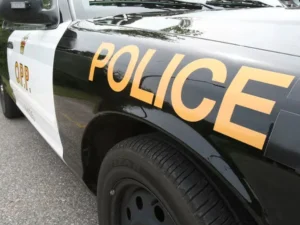
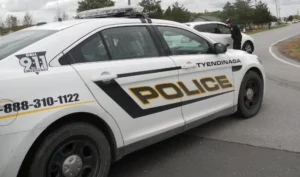
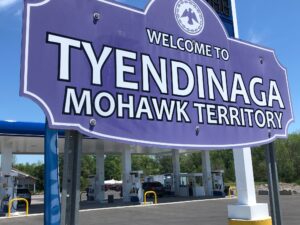
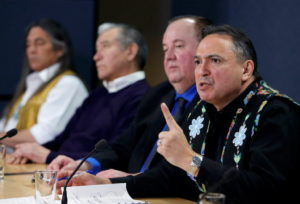
Comments are closed.